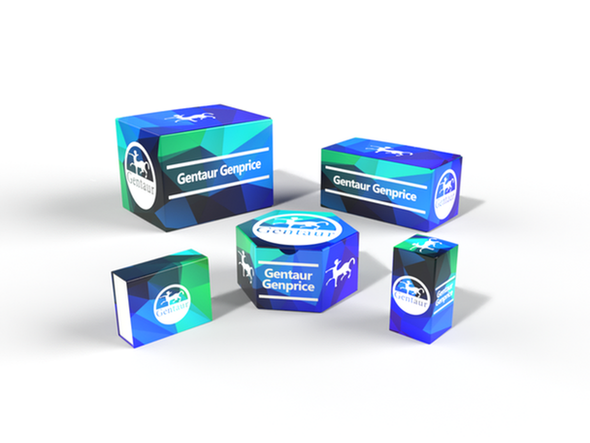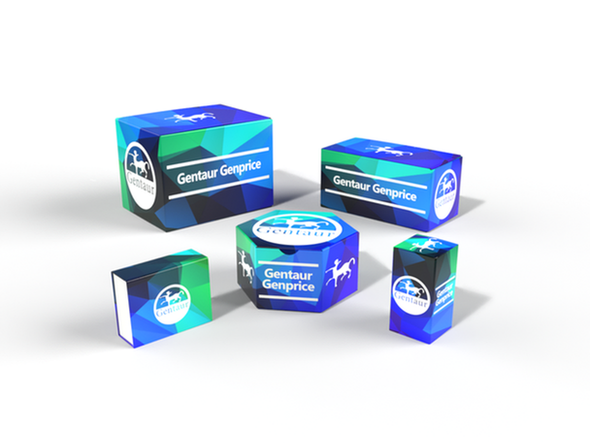BW
ACCα (K86) polyclonal Antibody | BS1377
- SKU:
- BW-BS1377
- Availability:
- Usually ships in 5 working days
Description
ACCα (K86) polyclonal Antibody | BS1377 | Gentaur UK, US & Europe Distribution
Host: Rabbit
Reactivity: Human,Mouse,Rat,Pig
Application: WB IHC
Application Range: WB: 1:500~1:1000 IHC: 1:50~1:200
Background: Acetyl-CoA carboxylase (ACC) is a complex multifunctional enzyme system which catalyzes the carboxylation of acetyl-CoA to malonyl-CoA, the ratelimiting step in fatty acid synthesis. Exercise diminishes the activity of acetyl- CoA carboxylase in human muscle. ACCα (ACC1) is the rate-limiting enzyme in the biogenesis of long-chain fatty acids, and ACCβ (ACC2) may control mitochondrial fatty acid oxidation. These two isoforms of ACC control the amount of fatty acids in the cells. The catalytic function of ACCα is regulated by phosphorylation (inactive) and dephosphorylation (active) of targeted Serine residues and by allosteric transformation by citrate or palmitoyl-CoA, which serve as the short-term regulatory mechanism of the enzyme. The gene encoding ACCα, which maps to human chromosome 17, encodes the 265 kDa α form of ACC, which is the major ACC in lipogenic tissues. The catalytic core of ACCβ is homologous to that of ACCα except for an additional peptide of about 150 amino acids at the N-terminus.
Storage & Stability: Store at 4°C short term. Aliquot and store at -20°C long term. Avoid freeze-thaw cycles.
Specificity: ACCα (H74) polyclonal Antibody detects endogenous levels of ACCα protein.
Molecular Weight: ~ 265 kDa
Note: For research use only, not for use in diagnostic procedure.
Alternative Names: Acetyl-CoA carboxylase 1; Short name=ACC1; ACC-alpha; Biotin carboxylase; ACACA; ACAC; ACC1; ACCA
Immunogen: Synthetic peptide, corresponding to amino acids 50-100 of Human ACCα.
Conjugate: Unconjugated
Modification: Unmodification
Purification & Purity: The Antibody was affinity-purified from rabbit antiserum by affinity-chromatography using epitope-specific immunogen and the purity is > 95% (by SDS-PAGE) .
Pathway:






